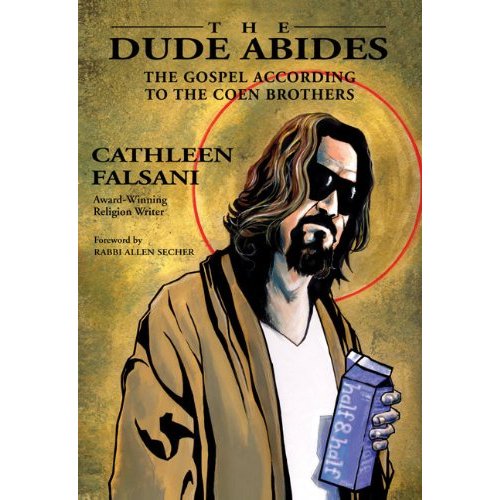This afternoon, actress Mackenzie Phillips (One Day at a Time) is set to take to Oprah‘s couch to reveal all about the ten year, drug-fueled incestuous relationship she had with her father, John Phillips of The Mamas and The Papas. Part of a promotional tour for the release of her memoir “High on Arrival”, Philips is expected to detail her long-standing battle with drugs, her relationship with Mick Jagger, and being raped by a stranger at 14.
But, why can’t it be both: a courageous reality check (do a quick Google news search on “incest” and you will be astounded) and a paycheck? Why does it have to be one or the other? Would the same be said about Elizabeth Fritzl, who was held captive for 24 years by her father Josef Fritzl and with whom she had seven children, if she published a book and went on a promo tour? Would anyone begrudge her a single cent? Probably not. While not locked away in a secret dungeon, Phillips was caged by her addiction to drugs, and hints at at least one pregnancy scare. But folks are naturally suspicious of celebrities who have descended beyond the D-List, questioning their motives, punishing them for their neediness.
Having been through rehab numerous times, I’m sure that Phillips is more than familiar with therapy. Perhaps, having lived in the public eye, she will only gain catharsis by coming clean publicly. Of course, the irony is that the public reaction to her revelations tells us more about the public, and our unease with the realities of sexual abuse and family dysfunction, than it does about Mackenzie Phillips. Or as a friend of mine so aptly put it, “It’s a very sad story, but people who think that, because she’s telling it publicly or charging for her book, it’s less sad, are wrong.”


